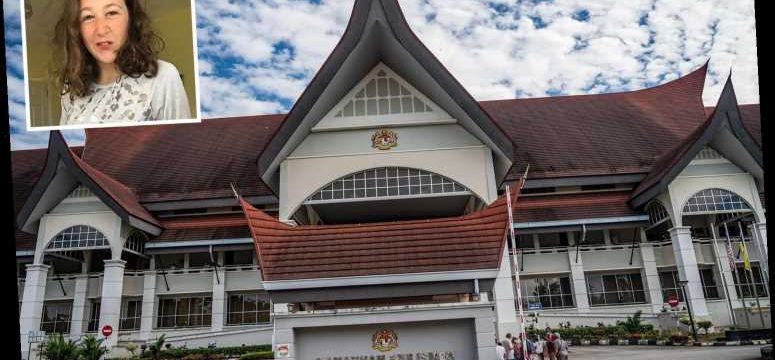FINGERPRINTS Malaysian cops said proved that Nora Quoirin climbed out of a window couldn’t be matched to the teen, an inquest was told.
The results were shown on Friday at the inquest into the death of the 15-year-old Brit.
Puwira Jaya Othman, assistant registrar at Bukit Aman's Criminal Registration Centre compared Nora's prints and the fingerprints found on the window at the villa where she disappeared from last year.
However, a match could not be made.
Nora’s family had gone to stay in an eco-resort in the Malaysian rain forest for a “trip of a lifetime” on August 3.
But Nora, who suffered from a brain development disorder, was reported missing just hours after they had arrived at the resort about 40 miles south of the capital Kuala Lumpur.
Her naked body was discovered 10 days later near a river by a group of civilian volunteers in palm-oil plantation about one-and-a-half miles from the family’s holiday villa.
Police in Malaysia say she died of internal bleeding and starvation after climbing out of a window in the villa.
Her parents maintain that Nora, who had severe learning disabilities, would not have gone anywhere on her own.
Puwira tested the samples provided by Interpol in Paris but was unable to obtain proper identification on the fingerprints.
However, Puwira said that the French organisation had only two samples of fingerprints, her index and middle finger, instead of the 10 requested.
Malaysian police had sought Interpol’s help to obtain the schoolgirl’s fingerprint samples because those taken after her body was found had inadequate features.
"Perhaps if we had obtained all 10 of her fingerprints, there is a possibility that they may belong to Nora," Puwira Jaya said.
He told the inquest that the fingerprints found were left by an unknown person on a surface through deposits of oils or perspiration from a finger.
"After comparing, I found that all the unsolved latent fingerprints do not match those of Nora," he added.
Puwira went on to tell the inquest that the quality of fingerprints fade drastically when exposed to extreme temperatures.
It comes after the revelation that Nora’s family received a ransom email from a sick “scammer” demanding Bitcoin after their daughter disappeared.
The ransom demand was emailed to the family from an account which was later deactivated, a senior police investigator told the inquest.
Investigating officer Deputy Superintendent Hazizi Abd Samad said: “Based on my assumption and experience, if an email address no longer exists it would mean that the email creator made the decision to erase it.
Such behaviour in many cybercrime-related cases, is attributable to frauds run by scammers.”
The email, sent on August 7, demanded a ransom of two Bitcoin, worth around £4,200, four days after Nora vanished.
The message was sent to the Lucie Blackman Trust, a charity and support group who have been helping the family.
It was later claimed the email was from Virginia, US.
The inquest has reached its halfway point and will resume on November 11.
More than 20 witnesses are yet to give evidence including Nora’s parents.
Source: Read Full Article





